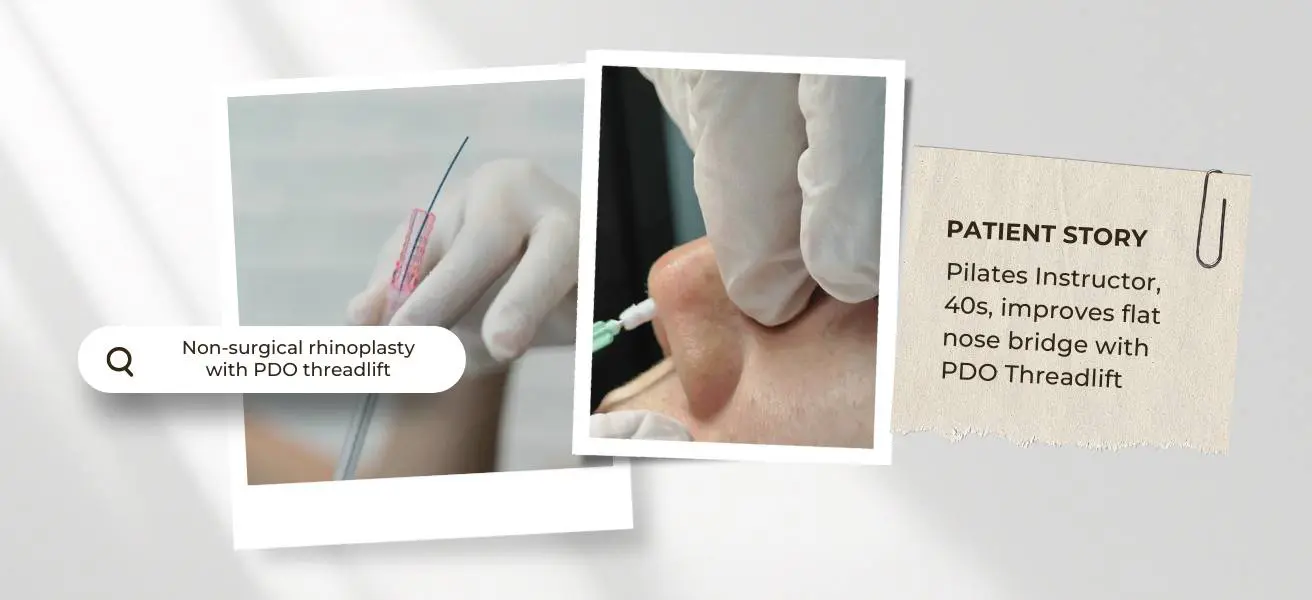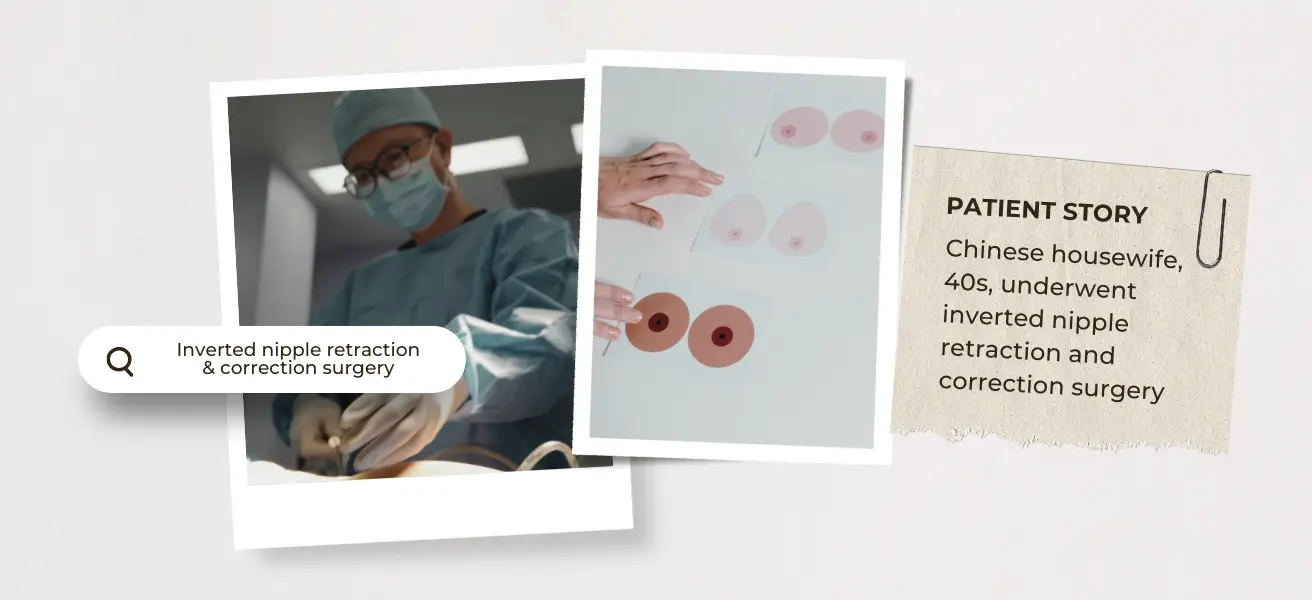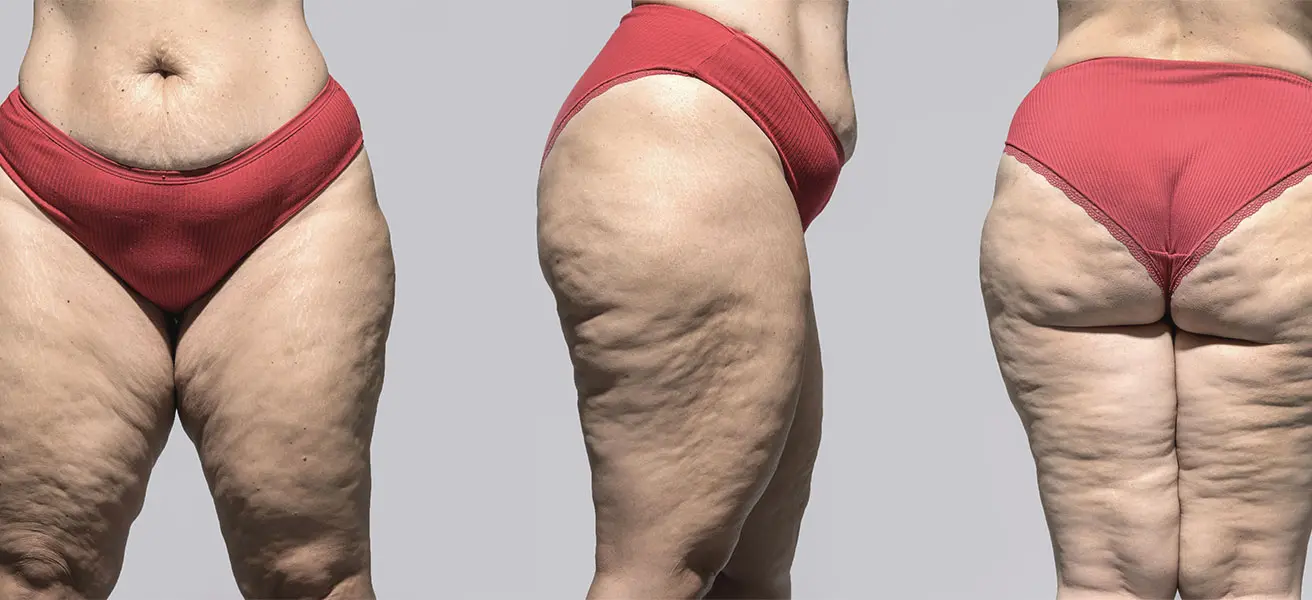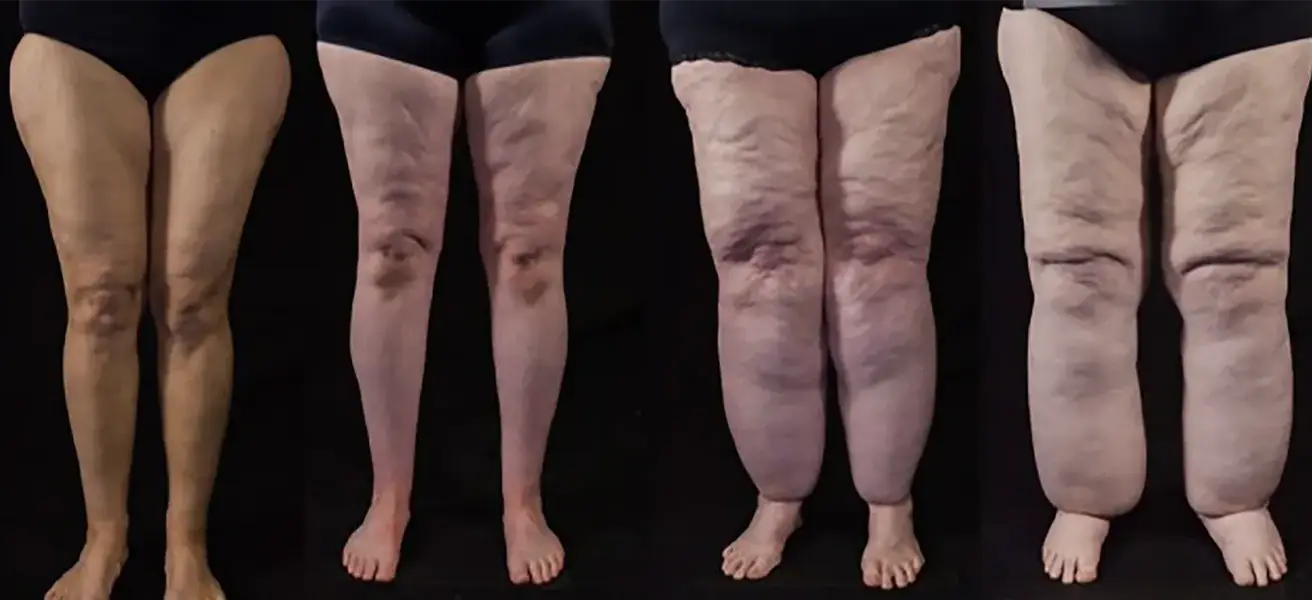Here is a breakdown of the different grades, how gyno affects your self-esteem, and what can be done to get you ready for your NS journey in full confidence.
Table of Contents
From the mushrooming of athleisure wear and various types of workout studios to the widespread of fitness-related posts on social media, it’s become glaringly evident that the society’s obsession with stick-thin bodies has been replaced with the #strongnotskinny mantra in the recent years.
Fashion runways that still send anorexic-looking models are condemned while workout routines by every A to D-list celebrity now commonly make their rounds on the Internet – suddenly, athleisure sales sky-rocketed and it was cool to take an interest in your health, thank goodness.
Fitness: The Enduring Buzzword That’s Shadowed By A Set Of Problems Brought On By Bloggers And Social Media Influencers
In case you haven’t noticed, we are living in a time when obesity rates are reaching global health crisis status (no thanks to sedentary lifestyles and bad food choices), so it is indeed a step in the right direction now that more and more people are trying to makes changes to their lifestyles and adopt healthy habits to look after their bodies.
However, the problem arises with the meteoric rise of fitness bloggers and influencers whom a lot of people around the world rely on for advice and tips.
There’s no denying that this group of personalities have unprecedented levels of influence, both in their own country and also all over the world.
In case you didn’t know, the top ten fitness influencers on Instagram have a combined following of more than 60 million people, and many of them make hundreds of millions through their endorsements as well as their products such as “carefully designed” workout programs and meal plans.
What’s the problem, you ask? Well, the major issue lies in the lack of credentials for many of these fitness influencers: the vast majority actually have little to no training or qualifications.
As long as you have internet access, you will have a platform to advise and instruct, and that seems to be the case for many fitness influencers out there. Without proper training or qualifications, it’s safe to say that the methods that some of them advocate are often based on a severe lack of scientific evidence.
What does this mean? Well, here’s the best case scenario: an individual fails to achieve the expected results in the time promised by the influencer, which can in turn, impact the person’s body confidence.
The worst case scenario? It can lead to long-term damage if the individual practises incorrect techniques for an extended period of time or subscribe to certain diet programmes ill-suited for his or her body.
10 Fitness “Advice” By Influencers: Can You Tell Fact From Fiction?
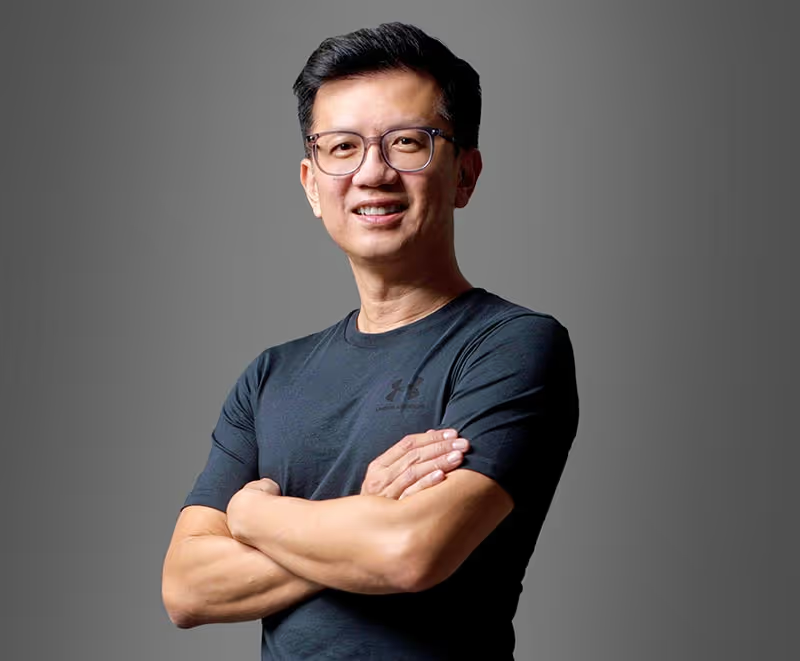
To find out if the fitness “tips” commonly dished out by bloggers and influencers are accurate or just plain bogus, we reached out to Dr. Ivan Puah, medical director of Amaris B. Clinic, to separate the good advice from the bad.
Not just any aesthetic doctor in the industry, Dr. Ivan Puah is the go-to doctor for body-sculpting procedures as well as fat and weight loss management for many in Singapore. In fact, he has more than 15 years of experience in managing patients with fat and weight loss issues.
Having received dedicated post-graduate training in Sports Medicine and armed with an in-depth understanding of fitness, injury rehabilitation, and weight management, Dr. Ivan Puah is a medical professional who’s adequately qualified to look at the following fitness “tips” and offer credible advice from a medical point of view.
1. Are Detox Teas And Cleansing Diets Good For The Body?
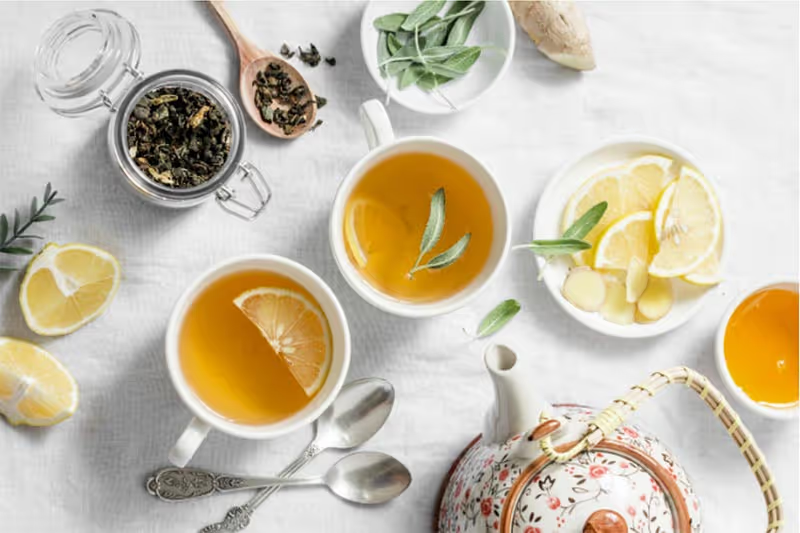
Dr Ivan Puah from Amaris B. Clinic debunks top #fitspo “advice” by influencers – have you heard of any of these tips?
From daily juicing and cutting down on certain groups of food to only consuming foods from certain colour groups, there’s no shortage of detox and diet trends that celebrities and fitness influencers are championing in the recent years – some of them even claim that their recommended diet can help shed the pounds within days or weeks!
Dr. Ivan Puah, however, opines that having a well-balanced diet is more important than succumbing to fad diets pushed by influencers. “Here’s the truth: the body is a complex machine which requires balanced nutrition in order to function at the optimal cellular level,” explains Dr. Ivan Puah.
“If you look up the definition, the term ‘diet’ actually has little to do with what we eat momentarily. Instead, it is related to the food and drink that we consume regularly to keep our health in tip-top condition.
The only one ‘diet’ that I will recommend is one that is adapted to each person individually and has an overall goal of maintaining health. That means, a ‘diet’ (food and drink) that is well-balanced and meets your daily needs – a good amount of carbohydrates, proteins, fat, vitamins, fibre, and minerals.
Drinking good quality water (not bubble tea or caffe latte) is vital for life. Water is the structure of macro-elements and acts as a solvent for elements such as minerals, amino acids, and glucose, while helping to maintain an acid-base balance in our body.
Tea, without any caffeine content, is one of the beverages that can help you increase your water intake. That said, do read the labels carefully when you purchase your tea. If you’re unsure about the ingredients, check with your doctor and see whether your body constitution is suitable to take such teas or not.”
2. Should Beginners Follow An Intense Workout Routine First To Get The Fat Burning?
According to Dr. Ivan Puah, this may be more fiction than fact. He explains, “When we exercise, our body generates energy either via the aerobic or anaerobic pathways.”
“Aerobic pathways occur mainly through what we call oxidative pathways, which metabolise fat and/or glucose as a source of energy.
Meanwhile, anaerobic pathways occur via glycolytic pathways which burn mostly glucose. So the key concept we must remember here is: the more intensive the exercise, the more our body’s fast muscle fibres, which utilise glycolytic metabolism, will be activated.
In short, high-intensity workouts are likely to burn more glucose than fat, while exercise routines of mild to moderate intensity are more likely to activate fat-burning metabolism.”
3. Do You Need To Train At Least Five Days A Week To See Visible Results?
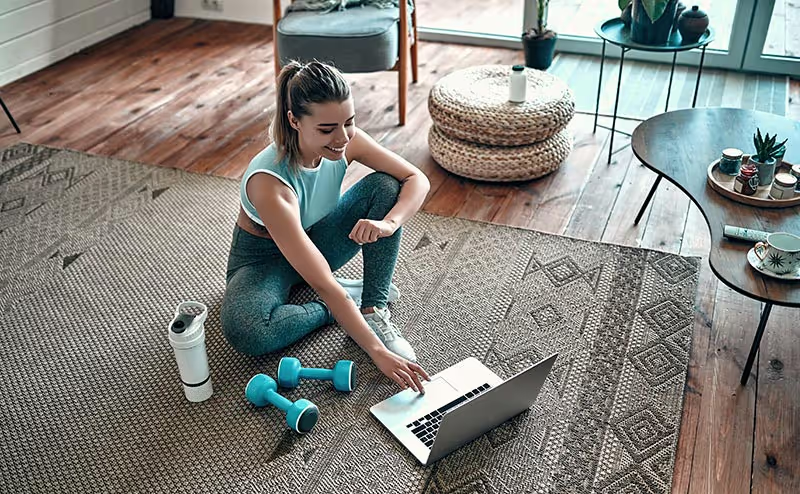
Here’s another “advice” that commonly makes the rounds on the Internet, and more often than not, it comes from those who probably have unrestricted access to premium gyms plus exclusive personal trainers and nutritionists on speed dial.
But the reality is, many of us holding a full-time job won’t be able to squeeze in a full workout session for so many days in a week. So does that mean you won’t see any results if you don’t sweat it out five days a week?
Dr. Ivan Puah remarks, “The amount of exercise required to be fit or healthy varies for different individuals. It will also depend on the intensity of your workout.
In general, I’d say that one may need at least 150 minutes of moderate or 75 minutes of intensive exercise per week to be healthy. For example, if you exercise moderately for 30 minutes each day, you are advised to do it five times a week.”
Having said that, Dr. Ivan Puah does recommend committing more time if your goal is to lose weight, with 300 minutes of moderate or 150 minutes of intensive exercise weekly being the ideal commitment.
4. Do You Need To Give Up Carbs If You Want Your Body To Change For The Better?
A no-carb diet is probably one of the most typical pieces of advice you’ll hear when it comes to losing weight. But it’s really not as simple as that, says Dr. Ivan Puah.
“Carbohydrate is one of our major sources of nutrients, so it’s really unhealthy for someone to totally give up on carbs. The amount of carbs required will depend on your health, activity level, and lifestyle, among many other factors.
However, it’s worth pointing out that excessive intake of carbohydrates over time may lead to weight gain, poor metabolic health, high blood pressure, and increased risk of heart disease.”
So the key takeaway? Cut down on carb intake if you like, but don’t cut it out completely from your life.
5. Should You Cut Fruits Out Of Your Diet Because Sugar Makes You Fat?
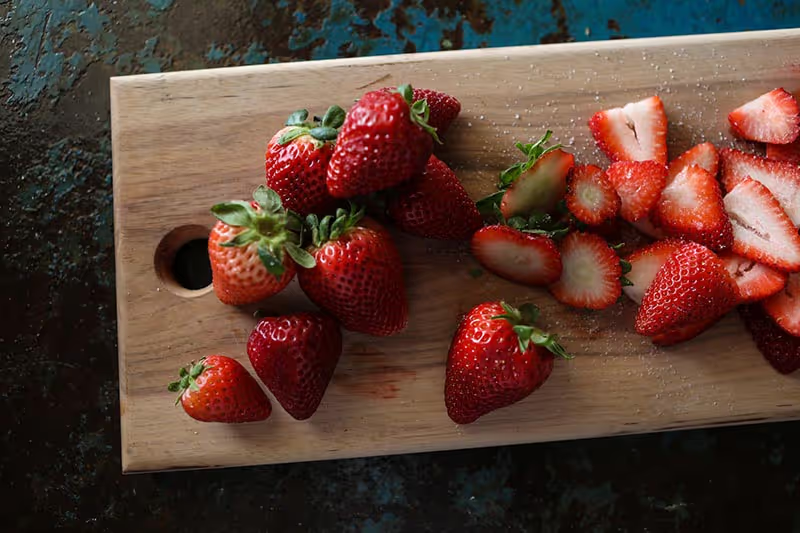
According to Dr. Ivan Puah, sugar – just like carbohydrates – does little harm to you when taken in moderation.
He adds, “The more important thing to note: fruits are an important source of vitamins to keep us balanced and healthy.”
Translation? Intake of excess calories, is the culprit of weight gain, not sugar.
6. If You’re Not Dripping In Sweat By The End Of Your Workout Session, Did You Exercise Hard Enough?
Any of us who has exercised before is probably guilty of this, because perspiration is widely regarded as an indicator to tell you if you’ve worked out hard enough.
Dr. Ivan Puah, however, opines that this couldn’t be further from the truth. “When we exercise, our body generates heat and sweating is one of our body’s regulatory mechanisms to dissipate heat and prevent overheating,” he explains.
“The rate of perspiration depends on several factors such as body temperature, humidity, body thermoregulation, and heat acclimatisation, among others.
For instance, you may sweat more in a humid weather compared to a less humid one even though you’re doing the same amount of exercise.
Hence, the amount of perspiration may not be an accurate indicator of how much workout you have done.”
7. Do You Need To Change Your Exercises Often To Shock Your Body And Muscles?

Finally, a fitness tip that has more weight to it. In the opinion of Dr. Ivan Puah, changing your workout routine often can be more beneficial for your body.
“That’s because doing the same exercise routine repeatedly will condition your muscles and brain to allow them to perform more efficiently, requiring less effort for the same amount of work.
A change in your fitness routine will ‘shock’ your body into ‘unfamiliar territory’, requiring them to put in more effort to complete the sets.”
8. Should You Avoid Cardio Because It Burns Muscles Instead Of Fat?
As mentioned in point #2, most of us are probably burning more glucose than fat since high-intensity workouts are all the rage for the last few years. And for many of us, glucose is the primary source of energy during exercise (though there are exceptions, of course).
Dr. Ivan Puah further explains that an average person usually has enough glycogen stored in the liver and muscles to last for at least one or two hours of continuous cardio workout. “By the time you have depleted your body’s stored glycogen, you are likely to be completely exhausted,” he adds.
However, depending on your physical fitness, diet conditioning, exercise intensity, and duration, your body may utilise varying degrees of fat as an alternative source of energy during exercise. So, it is still possible to burn fat doing cardio exercises.
Dr Ivan. Puah shares that minor muscle wear and tear during exercise is very normal for everyone, but full recovery can be expected with proper rest and nutrition.
All in all, you do not burn or lose muscles doing cardio exercises, unless under extreme conditions such as extreme physical exhaustion and heat stroke, among other reasons.
9. Is It True That The Faster You Get Results, The Better?
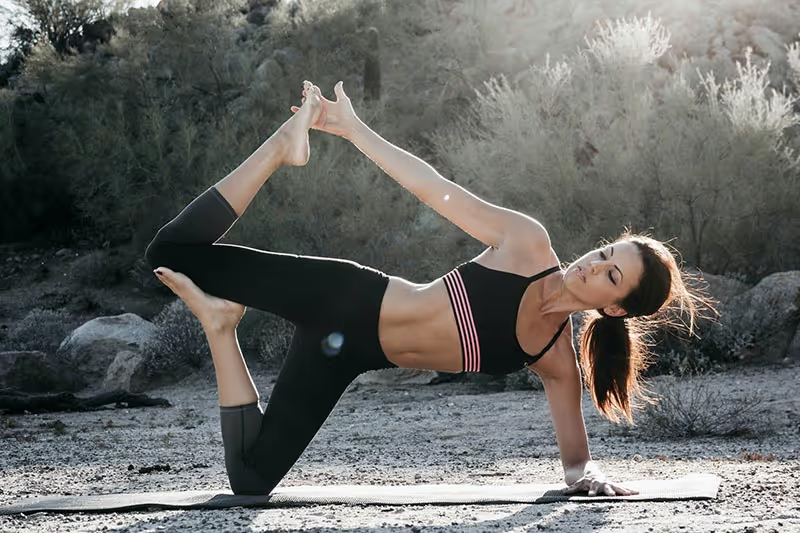
Ah, the trope we get bombarded with everywhere: “Lose 10kgs in a week.” “Get abs in two weeks.” We’d probably be millionaires by now if we get a S$1 for every fib of such nature that we see on social media.
Here’s what Dr. Ivan Puah has to say, “How much and how intensive your workout is will depend on your fitness level and physical condition.”
“Those who are fitter and better conditioned can of course start at higher levels and step up their training faster while less active individuals will need to do it at a much slower pace.
Pushing yourself too much and too fast in your exercise routine greatly increases your risk of injuries as well as adverse health effects.”
10. Can There Be Any Gain Without Any Pain?
Just like how some will tell you that your workout is not effective if you’re not perspiring enough, there are many others who believe that pain is another good indicator to gauge for results.
In Dr. Ivan Puah’s opinion, this is not only false but also has severe consequences if people continue to buy into this misinformation.
“Pain is often a warning signal indicating a certain level of stress, injury or damage from a particular tissue,” he explains.
“You should find out the cause of your pain before continuing your exercise. Working out when you are injured may worsen the condition or prolong your recovery.”
Start Your Fitness Journey On The Right Track With Dr. Ivan Puah And Amaris B. Clinic

It’s clear that most tips prescribed by fitness bloggers and influencers are generally misleading, due to lack of scientific research and qualified training.
It goes without saying that consulting certified professionals is the best option if you want to kickstart your fitness journey the right way.
Unlike other aesthetic doctors in the country, Dr. Ivan Puah not only has trained extensively in various body sculpting procedures but also holds a Graduate Diploma in Sports Medicine from Nanyang Technological University (NTU).
With a dedicated interest in weight management and body-sculpting, Dr. Ivan Puah believes that each individual can have a healthier body with the combination of professionally tailored exercise therapy and aesthetic procedures.
Under his leadership, Amaris B. Clinic is now more than just a regular, run-of-the-mill aesthetic clinic as it incorporates integrative medicine with its suite of body sculpting and medical aesthetic procedures.
So if you’re looking for qualified professionals who can offer you credible, science-based advice and guide you from the start to finish to deliver visible results, you should definitely consider Dr. Ivan Puah and his team at Amaris B. Clinic.
At Amaris B. Clinic, you can expect a fully hands-on team of trained professionals who will do their best to enhance your appearance, health, and fitness on all levels by customising their approach to your treatment.






















